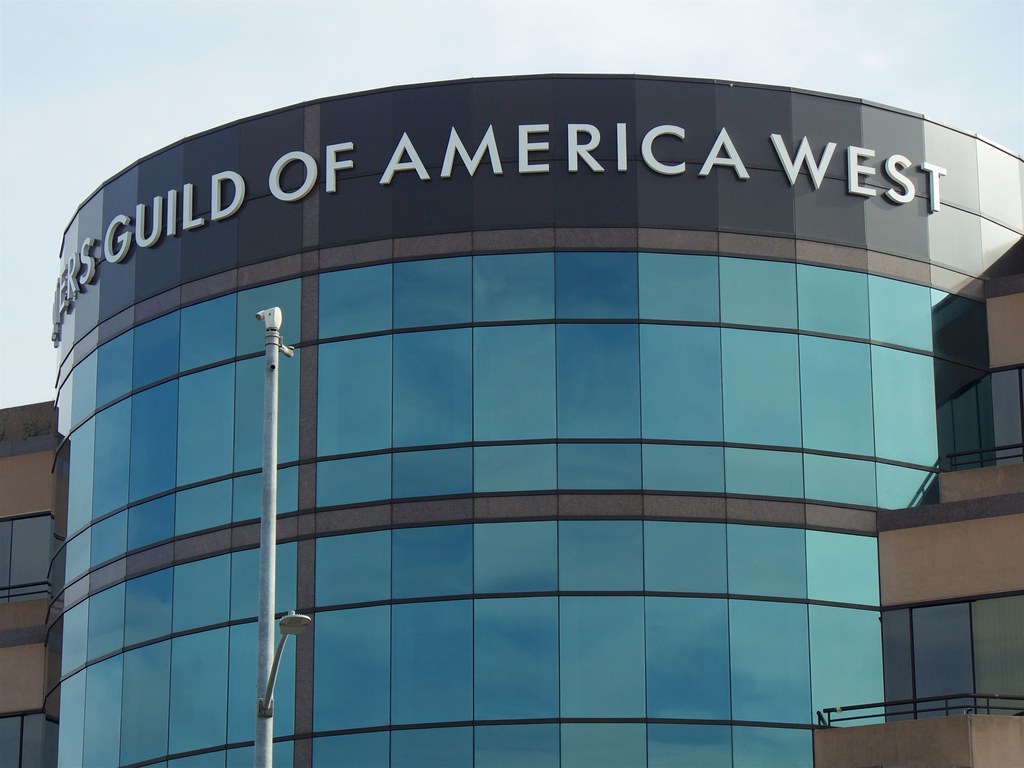An article in The New York Times broaches a subject that is rarely talked about and is virtually taboo: the Jewish dominance in the film industry.
Barry Schkolnick, whose credits include TV shows like “Law & Order” and “The Good Wife,” says, “There are divides that never really get talked about”. But this changed when the October 7 attack on Israel by Hamas brought unsuspected divisions to the surface.
Schkolnick calls the general lack of support for Israel and loud sympathy expressed for the Palestinians, “hurtful and disorienting,” adding that it has left many Jews feeling like outsiders in an industry they founded and where they have long felt safe and supported.
“I’ve never been somebody who’s been highly attentive to identity or specific religion,” he said. “I’ve always just thought I was in this little bubble and everyone’s supportive and it’s L.A. and no big deal. It’s really in the last week, have I woken up and felt othered.”
The Jewish Hollywood community expected a “flood of support on social media from celebrities,” but that never materialized. Instead, there was explicit criticism of Israeli policies, something that blindsided them.

The Writers Guild of America even refused to put out a statement of solidarity with Israel. Jonathan Greenblatt, the director of the Anti-Defamation League, told The Wrap, an entertainment trade news site, on Oct. 12, that “the silence has been deafening”.
The divide seems to be especially marked in the WGA, where “Jewish writers reacted with horror to the guild’s refusal to condemn the attacks on Israel”. Some threatened to leave the union, while others said they were withholding dues.
While the Jewish community has felt shocked at discovering that it did not have the unconditional support of the industry that they gave birth to, others have felt silenced for fear that voicing their support for Palestine would label them antisemitic and perhaps jeopardize their livelihood.
In the aftermath of the friction that this created, the Writers Guild of America West tried to heal the rift by putting out mollifying statements, but these proved to be too little, too late for the Jewish community. They wanted absolute and unqualified condemnation of Hamas. “After Oct. 7, it wouldn’t have been hard for people to put out statements that said under no circumstances is rape or murder or kidnapping of civilians acceptable — and we need to work toward a just future for Jews and Palestinians in Israel and Palestine,” said Rabbi Sharon Brous.

The pro-Palestinian contingent was no happier with the lukewarm position of the WGA. A group of anonymous guild members circulated its petition last week to push against “recent pressure campaigns by certain high-profile members of our guilds to issue statements in support of Israel amidst its ongoing siege of Gaza.” But fearful of the kind of retribution that the Harvard student groups who wrote to condemn the Israeli government for its anti-Palestinian policies faced, they only gave their initials, afraid of “being doxxed or blacklisted” as antisemitic if they signed their names.
Perhaps they are also mindful of the dark days of the McCarthy era when even to be suspected of having sympathy for Communism was enough to lose your reputation and livelihood—some in the industry were even jailed as “subversives”. Today the danger is not to be labeled “pink” or “red” but antisemitic. The students who signed the pro-Palestine letters saw their job offers rescinded, with threats that no corporation should hire them in the future.
The pressure to bow under the weight of the most powerful in the movie industry is great and to dissent requires an act of defiance. The Israel-Hamas war has added to the deepening divisions that have roiled this country for years now, some that we did not even know existed.
“Anonymity is critical for us in this time of heightened censorship,” signatories of the petition said.
Some celebrities have no qualms about making their position known. Paul Rudd and Ben Stiller issued a public letter to President Biden, thanking him for his diplomatic efforts and urging “the fight for their freedom to continue until all hostages are home.”
Another group, including Ben Affleck and Tony Kushner, also signed a letter addressed to President Biden, but they urged him to call for a cease-fire in Gaza and Israel. Bradley Cooper may have the clearest view of the complexity of the situation: he signed both letters.












